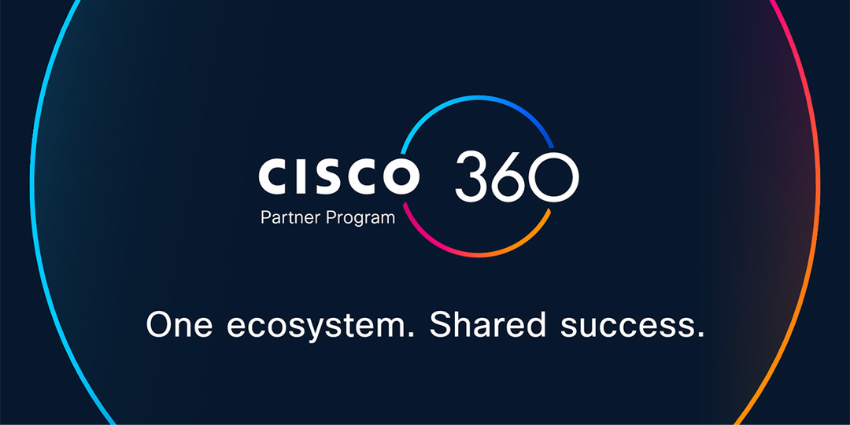ServiceNow has agreed to acquire Moveworks for $2.8BN, representing the largest deal in its history.
Moveworks provides companies – including Siemens, Toyota, and Unilever – with AI assistants to manage organization-wide requests from employees.
It is the second employee-facing virtual assistant provider that ServiceNow has rolled up in 2025 alone, following its CueIn acquisition.
In both cases, ServiceNow underlined its aim to drive agentic and generative AI adoption across the enterprise.
Yet, in an interview with CNBC, Bill McDermott, CEO of ServiceNow, also highlighted how the Moveworks acquisition will bolster his company’s bid for CRM ascendency.
In doing so, McDermott underlined how Moveworks’ AI assistants – emboldened by ServiceNow’s technology – will empower numerous front-office teams.
“We already own the middle and the back-office of these enterprises,” he said.
But, take CRM, for example – a category that we intend to be the market leader in, for sure.
“Think about sales, from lead to loyalty… It could be an upsell, a cross-sell, a renewal, or taking a pipeline and moving it into a sale.” A Moveworks-ServiceNow AI assistant will add back-office intelligence to each action and support reps in the flow of their work.
McDermott continued to share examples of how the acquisition could positively impact front-office teams, including customer service employees.
In this case, it’ll provide “on-the-spot customer information on order history and open support items,” said the CEO.
However, the acquisition isn’t only about empowering the front office. Moveworks’ AI assistants support enterprise-wide employees.
For instance, they could aid finance teams in resolving common tasks like updating direct deposits, checking on payroll stubs, and managing timesheet entries for frontline workers.
In HR, an assistant may surface questions to align candidates to job profiles and alert teams to employee performance trends.
After sharing these examples, McDermott concluded:
This is a whole employee experience movement, but it serves all the functions of a company.
ServiceNow’s team has experience delivering such AI assistants, with the company already sharing 250 customers with Moveworks.
As such, there are close bonds between the businesses, which will solidify as ServiceNow has pledged to hold onto Moveworks’ 500+-strong team. That includes the company’s founders.
Celebrating the news, Bhavin Shah, Co-Founder & CEO of Moveworks, noted in a press release:
Becoming part of ServiceNow presents an incredible opportunity to accelerate our innovation and deliver on our promise through their AI-agent-fueled platform to redefine the user experience for employees and customer service teams.
Ultimately, ServiceNow aspires for that platform to deliver a unified, end-to-end, self-service experience for organization-wide users, across all of their workflows.
ServiceNow expects the acquisition to close in the second half of 2025, pending regulatory approval and closing conditions.
Moveworks’ Technology: A Closer Look
Moveworks functions similarly to how many think about ChatGPT, but it’s tailored for enterprise use.
So, it helps employees find information, resolve issues, and get help across various business systems and infrastructure.
Beneath the large language model (LLM) layer, an architecture connects hundreds of different systems, data sources, business policies, rules, and permissions.
That setup enables the AI assistant to take action and resolve issues on behalf of employees.
At first, Moveworks targeted IT use cases and an improved service desk experience. Since then, it has expanded significantly across the front- and back-office.
In doing so, the company built a two-layer system: LLMs to interpret what users say and a set of integrations and systems underneath to take action.
ServiceNow’s Bid for CRM Supremacy
As ServiceNow bids to eventually become “the market leader” in CRM, it will come up against an almighty competitor: Salesforce.
According to 2023 IDC data, Salesforce dominates the space with a market share of 21.7 percent.
While that may not seem like all that much, its closest competitor, Microsoft, owns just 5.9 percent.
In short, ServiceNow has quite some catching up to do. Yet, McDermott believes that ServiceNow’s ability to connect the enterprise, funnel all that data into the front office, and put it to work with agentic AI will prove a big differentiator.
Comparing ServiceNow to its CRM competitors, McDermott said: “There’s a 20th-century paradigm where companies were structured by function. You had sales, finance, obviously HR, engineering, and so forth.
[Whereas,] I’m getting the data from all of the sources of data in an enterprise, and I’m giving you an answer to any question you might have – exactly as ChatGPT does in the commercial world or the consumer world.
“So it’s really comparing apples and oranges,” concluded McDermott.
That assessment is much more diplomatic than Salesforce CEO Marc Benioff’s 2024 comparison of Salesforce vs. ServiceNow as McDonald’s vs. Wienerschnitzel.
However, ServiceNow’s bid for the CRM market – as broadcast on CX Today – may be playing on Benioff’s mind.
Indeed, during Salesforce’s latest earnings call, he teased a move into the ITSM space, ServiceNow’s core market.
A response to ServiceNow chasing the CRM space? Perhaps.
Nevertheless, as ServiceNow moves deeper into the CRM market, it brings differentiators alongside widespread popularity amongst the IT community.
As IT professionals play a more prominent role in CRM decision-making – thanks to the rise of AI – expect ServiceNow to grow further in the space.
However, its ambition to overtake Salesforce seems a tall order, especially as it’s yet to deliver a CRM-like application for marketing teams.







